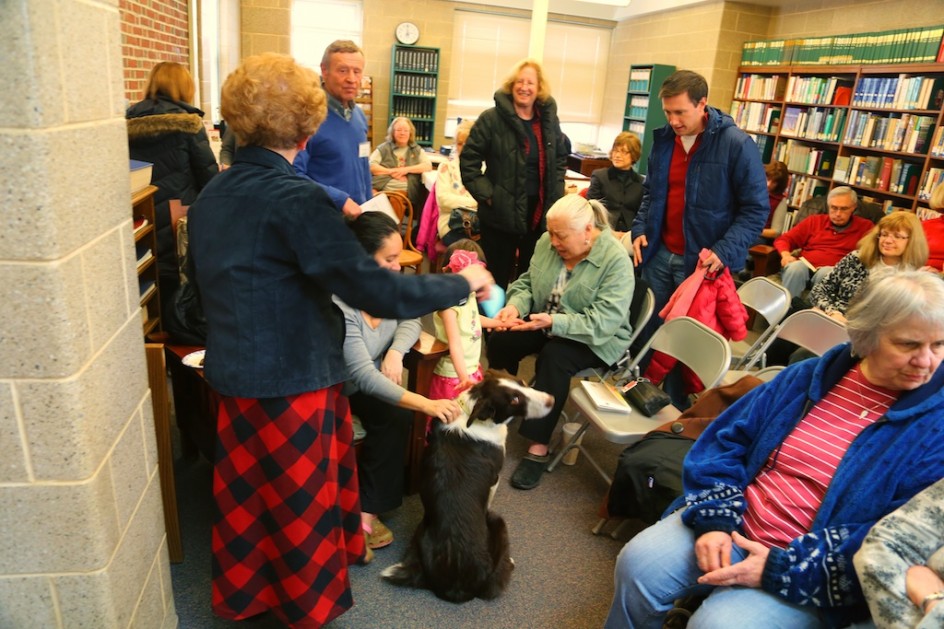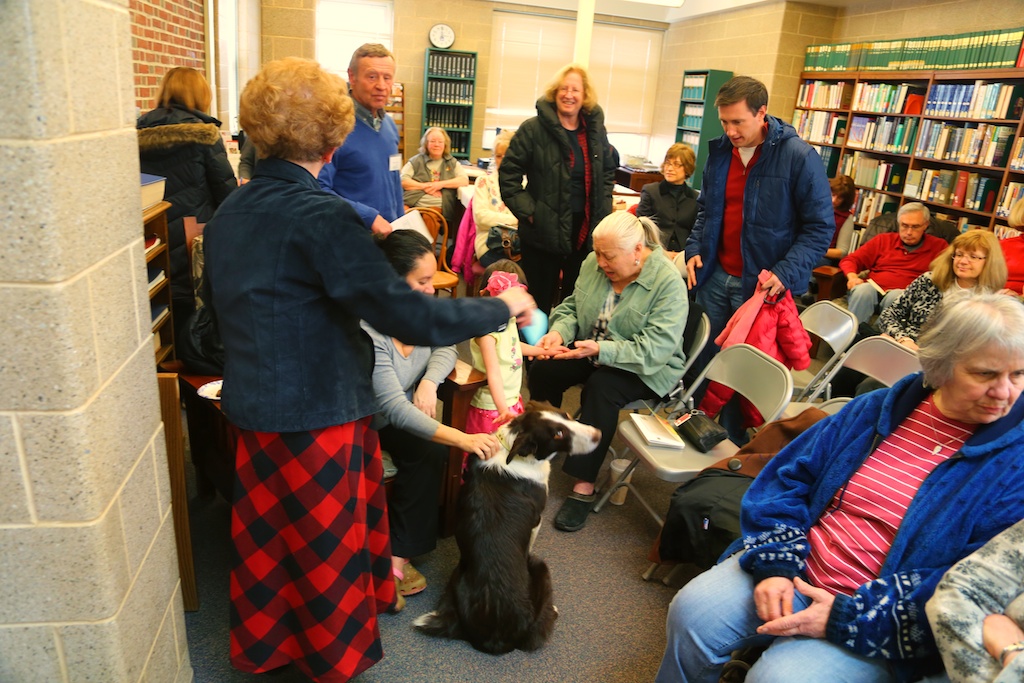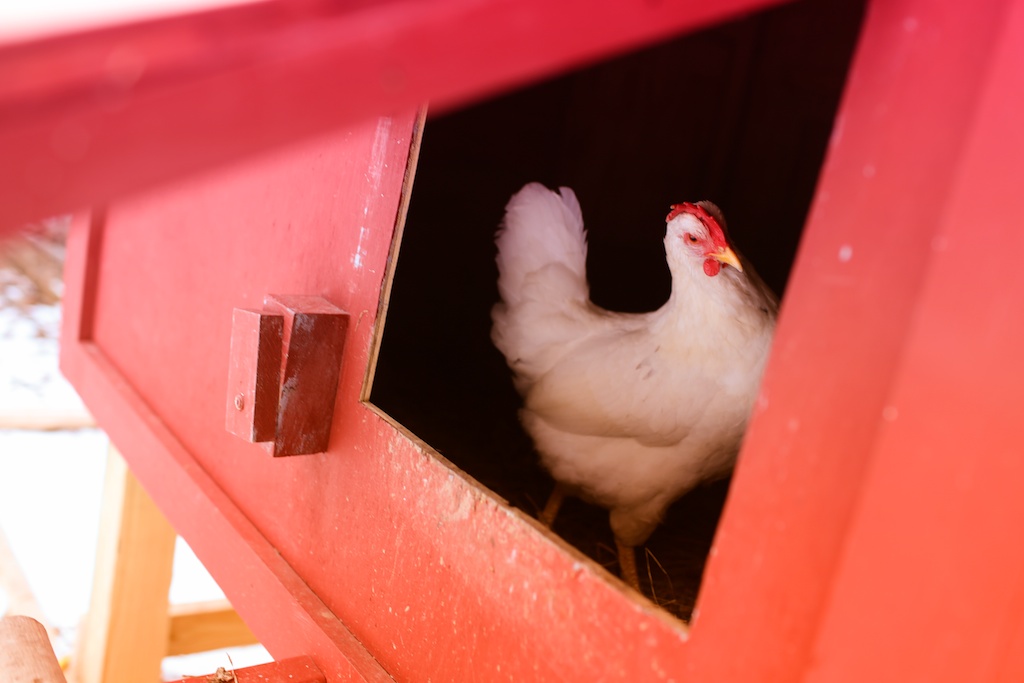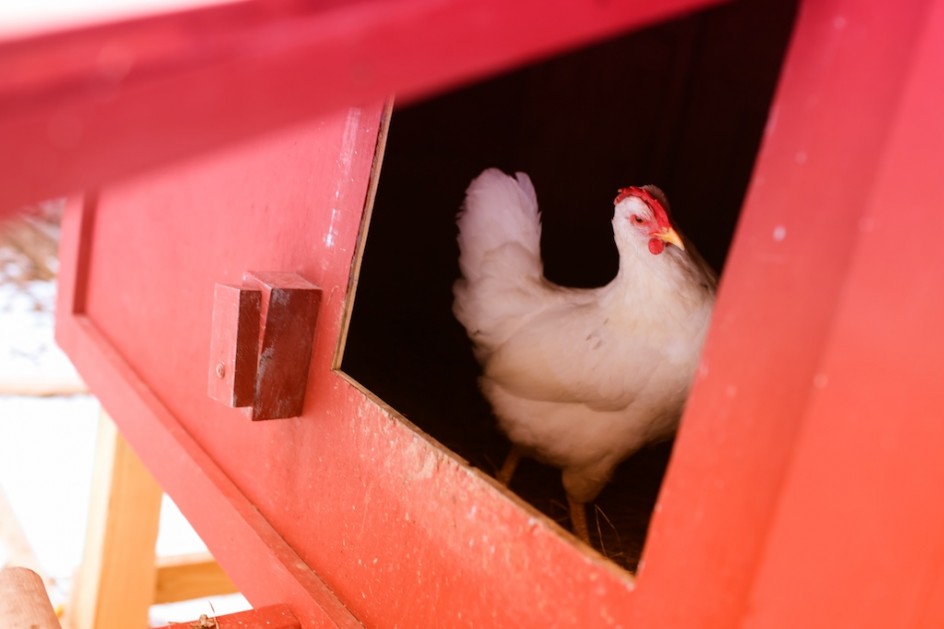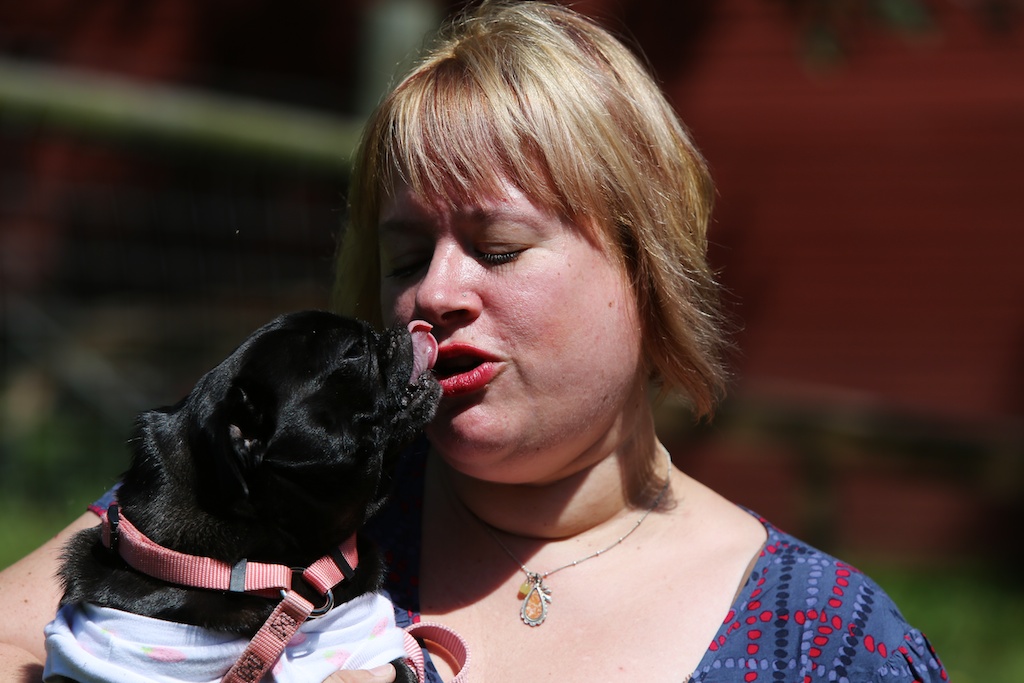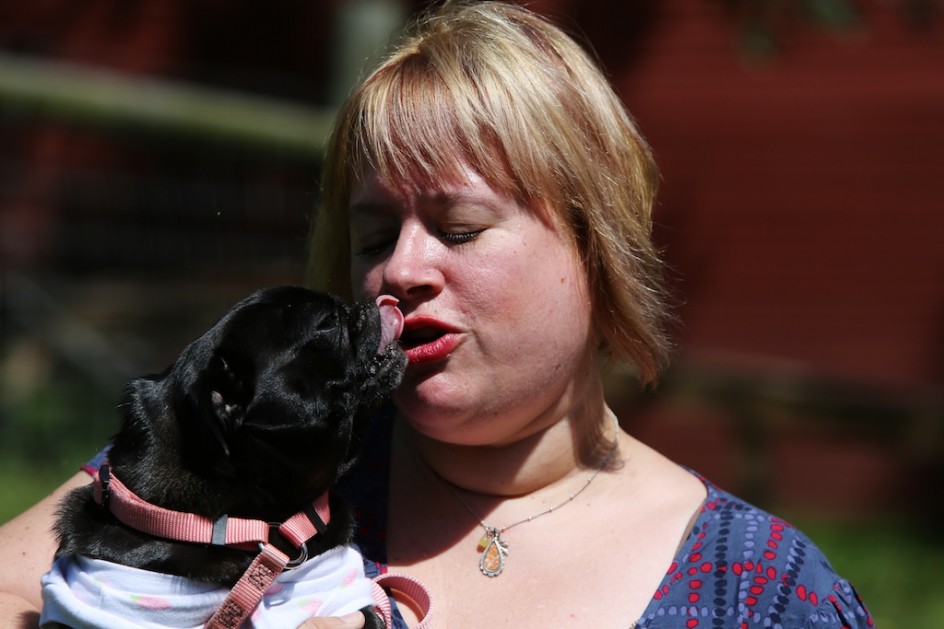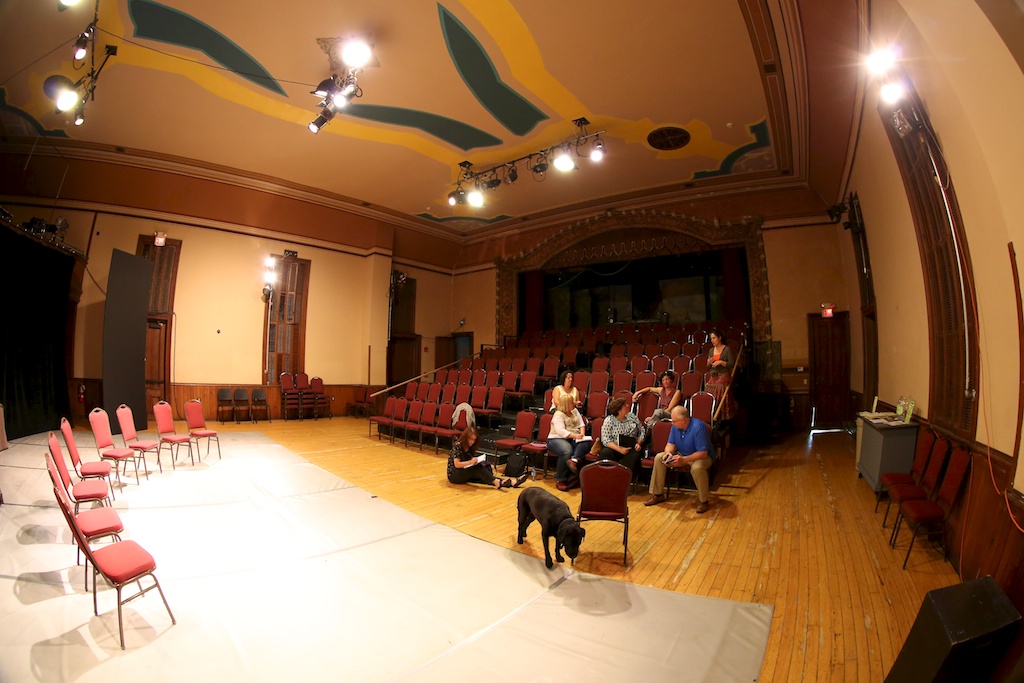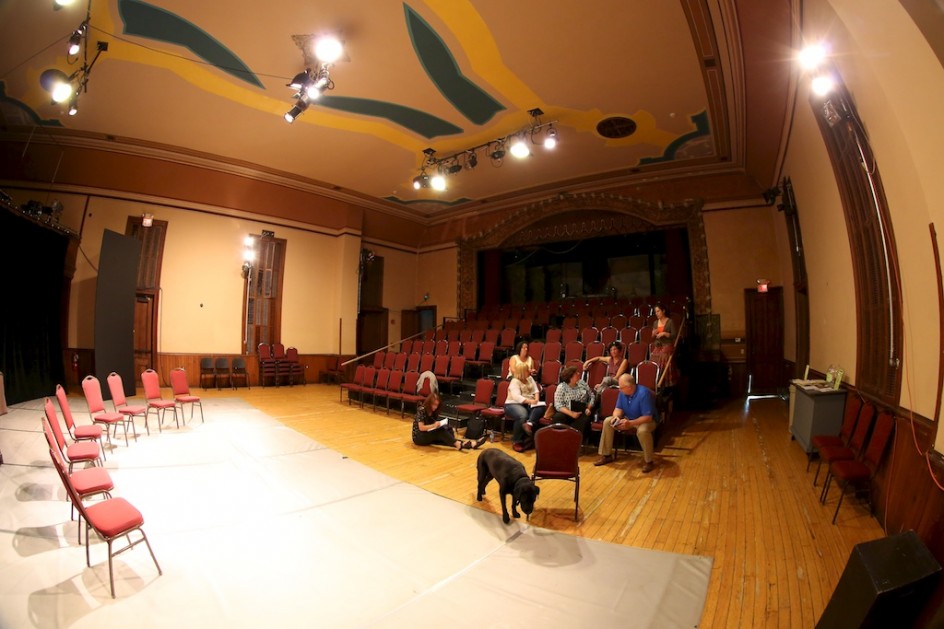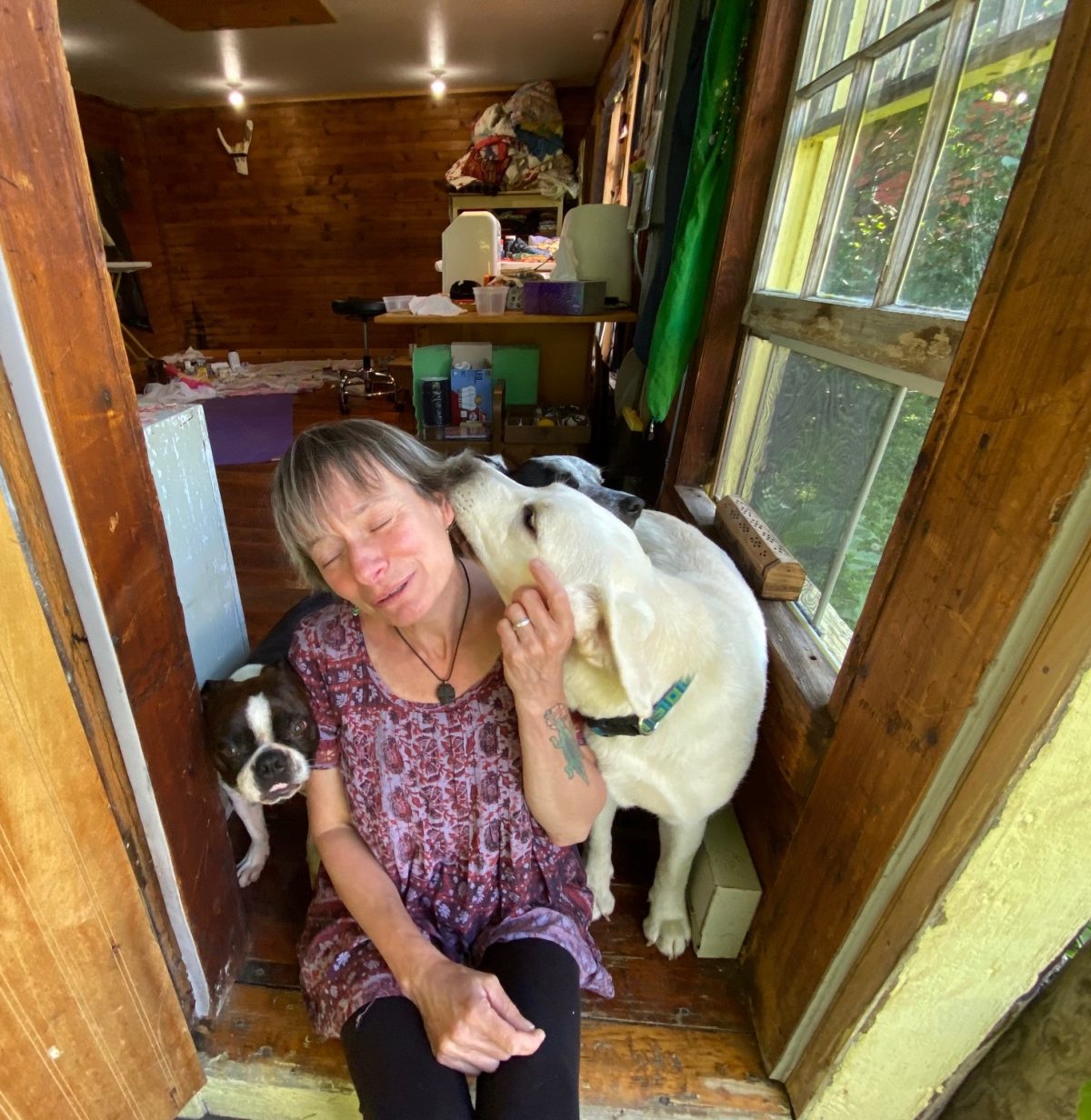“Things are tough. Folks broke. Kids hungry. Sick. Everything. And people have got to have more faith in one another, believe in each other. There’s a spirit of some kind we’ve all got. That’s got to draw us all together.” – Woody Guthrie, Bound For Glory
I’d very much like to invite all of you for dinner at my farm next week, where I will make an important speech about myself and my achievements. Cheering for me is permitted. We have nice yellow “Kiss A Donkey When You’re Mad” hats, $16 plus shipping.
But first, I’d like to ask you all to sign a waiver that absolves me and Bedlam Farm from any liability from coronavirus-related illnesses since I will be violating every major recommendation there is from the Center for Disease Control about how to stay safe and healthy in a Pandemic.
Thanks for not caring that there may be thousands of people pressed together in confined spaces without masks or protective clothing. Sanity in the face of a Pandemic is no virtue.
We will put out some hand sanitizers and good luck to you all. Best to bring your own.
Oh, and I almost forgot.
As you know, these are tense times in racial terms; there are angry and sometimes violent demonstrations all over the country. You might be interested in knowing that hundreds of blacks were killed in a brutal massacre by whites in the next town over, a mile or so away, 100 years ago, on the same night of my dinner and gathering.
It is a holiday up here – commemorating the emancipation of those Texas slaves.
Be sure to wear light clothing and bring soap and water to wash your eyes in case there is tear gas. Make sure to wave to the police and smile at them. Don’t reach for your license too quickly.
Oh, and have fun. This is a celebration of me, and me is more important than you, bless you for acknowledging that by coming.
See you at the barn.
___
Woody Guthrie was born in Tulsa; there is a museum to him there that I visited two years ago. I love what he wrote about writing: All of my words, if not well put or well taken, are well-meant.
I wish Guthrie were in Tulsa to meet the MAGA crowd next week. That would be quite a sing-a-long.
This piece is about history, the history we are making now.
We are witnessing Donald Trump’s Waterloo; there is no turning back for him, thanks in considerable measure to George Floyd and the upending of white America’s long stand denial of racism, malignant cancer in the nation’s heart.
It seems to be spreading again and is too painful now for many people to bear.
What Donald Trump is doing this week and what he has done in Washington and will do in Tulsa cannot be forgotten or undone.
His recklessness in governance is now showing up in his recklessness with the nation’s spirit and pride. And everyone is watching. Now you see it; now you don’t, the old magic has lost its juice.
Would you sign the waiver? Would you come to my party?
And what if hundreds or thousands of protesters also come to Tulsa, since this is the most volatile and charged racial environment in at least half a century, if not ever?
And just imagine the headlines to come if even a handful of people attending get sick, or God forbid, make their parent and grandparents sick. Imagine those headlines surging across the country as the campaign gets close.
I believe hubris to be a fatal flaw, and the Tulsa rally will likely go down in history as one of the greatest displays of hubris in political history.
I want to explore why a candidate would put himself and his campaign in such a precarious position. It is crazy, but not as mad as it seems.
As you might have heard, Donald Trump has scheduled his first post-pandemic rally for Tulsa, Oklahoma on June 19, known in the African-American community as Juneteenth, honoring the day a Union General read out Abraham Lincoln’s emancipation proclamation in Texas, freeing slaves in the last un-emancipated state in the union in 1865.
Like the Tulsa massacre itself, Juneteenth is a holiday most Americans have never heard of, another commentary on race and awareness.
As Trump and his staff must have expected, the choice of this place and this day and time for his first election rally during the coronavirus pandemic is bitterly controversial.
The President is struggling to keep a grip on things.
The Pandemic just won’t let Trump go yet, neither will the sometimes violent protests all over the world after the killing of George Floyd. This choice is offensive and controversial, even dangerously so.
The President could have gone a score of places in Trump Country with a different racial history on a different day. Still, he chose the city that experienced the worst race massacre in American history.
Up to 300 black Americans were killed by white mobs who destroyed 1,625 houses, two newspaper offices, a school, a library, a hospital, churches, hotels, stores, and many black-owned businesses.
A national survey found that hardly any Americans had ever heard of the destruction of Tulsa’s Greenwood District, often called the Wall Street of Black America.
They never heard of the emancipation holiday either.
The Rev. Robert Turner, the pastor of the Historic Vernon Chapel A.M.E. Church in Tulsa, one of the only buildings from that time that has survived to the present day, told a reporter he only learned of the massacre himself after moving to the city three years ago.
If we keep our eyes open for a while, we may learn a lot about the real racial history of America, the land of the smug, the angry, and the greedy. And a nation of denial.
We have two choices to make in trying to determine why this seemed the right move for the President: stupidity or provocation.
I’ll take the latter.
This is a determined effort to inflame racial tensions to inspire his supporters and get them to vote for him in November. The idea is not to combat racism, but to be seen as standing up for racism. To do that, people have to be upset and angry, maybe back in the streets.
This week, Trump is supporting the police by dismissing the seriousness of the charges against them. He is fighting to keep Confederate statues in towns and cities and to keep the names of military bases named after Confederate generals.
Although Trump told reporters Friday, he had no idea the Tulsa massacre took place on the same date as his rally, journalists and black leaders doubt he is telling the truth. If he didn’t know it, he ought to be embarrassed. But he is without shame.
I don’t know what is in the President’s head, but if he were Pinocchio, he’d be walking into doors after telling this quite obvious whopper. Trump has no credibility, to begin with, any longer, but this a week, we all needed some truth and leadership.
It hurts to have a leader like this. What kind of people are we?
Black leaders were nearly unanimous in calling the Juneteenth rally in Tulsa a “slap in the face,” or worse, “blatant” racism.
Even by Trump’s standards, this is the wrong message to be sending as we approach the summer of 2010.
To me, this is an almost inevitable catastrophe just waiting to happen. For one thing, he is exposing his supporters to the danger of contracting the coronavirus, all for his glory and ego.
Every reporter in the country will be looking for the first ones to get sick.
This rally risks disruption and even violence. That is something political leaders are supposed to prevent, not precipitate. Trump is going to choke on his own ego in this campaign.
If his Republican National Committee organizers didn’t think there was any chance of supporters catching the coronavirus, then why ask them to sign a pledge promising not to sue of they get it?
And if they don’t believe it, then why raise the issue?
Because insurance adjusters aren’t ideological, they don’t do left and right; they need to face the truth.
Trump’s rally is precisely the kind of event – many people crowded together into confined spaces – that every public health official is pleading with us to avoid.
With this move, the President has gone rogue and is setting him and us up for another grave disturbing week, and another awful mistake.
In one sense, racism is becoming the foundation of his campaign.
If you choose me, he is saying; I will control these people and push them right back into their place. I will keep the streets safe and orderly and protect the police against calls to defund or eliminate them and make them the heroes of his campaign, not the goats.
If I can get away with it, I’ll use federal soldiers too.
I will also, he promises, make sure than when you call 911 when you see those black guys jogging and bird watching, someone comes in a big car with lots of weapons and a tank close at hand.
If there is trouble in Tulsa, he gets a chance to be the tough guy again.
If there isn’t, he gets the chance to claim victory and be triumphant at his rally. In the short term, he can’t lose unless scores of people suddenly drop to the ground, coughing and sneezing.
The longer-term is another matter.
Trump is now promoting the idea of racial violence and trivializing the issue of police brutality, just as he did the Pandemic.
There is no way to see Tulsa as anything but a provocation against African-Americans and their mushrooming movement for social justice. He wants no part of it.
Trump doesn’t want law and order; he is really hoping for more images of those kids trashing small businesses and looting the merchandise inside. That will get those angry white men to the polls.
In his forthcoming book, The Room Where It Happened: A White House Memoir, former National Security Director John Bolton said he could not remember a single time when Donald Trump made any decision of any kind that was not based on furthering his re-election.
I believe Trump is not acting erratically, but consistently.
White people in the heartlands are terrified when people of color in the cities start breaking things. They vote for almost anyone who promises to bring order, and who evokes blacks as savages that need to be dominated.
Since there tend to be few African-Americans where most Trump supporters live, their perspective is different from urban people.
Here we are once again, City Mice versus Country Mice, the story of Trumpism: where do you stand?
But Trump makes a mistake if he thinks this is enough for him to win this time.
In 2020, he is not running against Hilary Clinton, who was even more disliked than he was for many Americans. The Democratic constituency is both aroused, increasingly well funded, and, most importantly, united.
They understand Trump and how he won, and have had years to prepare. Beyond that, as weak as he is in some ways, Joe Biden has turned out to be savvy and popular right out of the gate. So far, he’s never been behind.
In the 2016 election, according to the Pew Research Center, black voter turnout fell, even as a record number of Americans voted. The black voter turnout rate declined for the first time in 20 years in a presidential election, falling to 59.6 in 2017 after reaching a record high 66.6 in 2012.
That cost the Democrats roughly 765,000 votes, enough to have given Clinton victories in several states and almost certainly cost Trump the election.
This year, black voter turnout is expected to break all existing records.
African Americans, aroused by police shooting and efforts to suppress their votes, are turning out in unprecedented numbers to wait in long lines to vote in primaries.
A black female vice-presidential candidate this year would give Biden a potent, perhaps decisive boost.
Then there is the political revolution emerging among women, one of the driving forces in the Democrats winning the House Of Representatives in 2018.
According to national exit poll data from 2016, 59 percent of women voted for Democrats, and 40 percent voted for Republicans.
When I was covering politics, I did well by my gut; polls were not as pervasive then. Trump has done well by his, but every election is different and has a different dynamic.
Every day, Donald Trump hands his opponent another tool for beating him. The biggest was outside of St. John’s Church.
Tulsa might soon be the new runner up.
